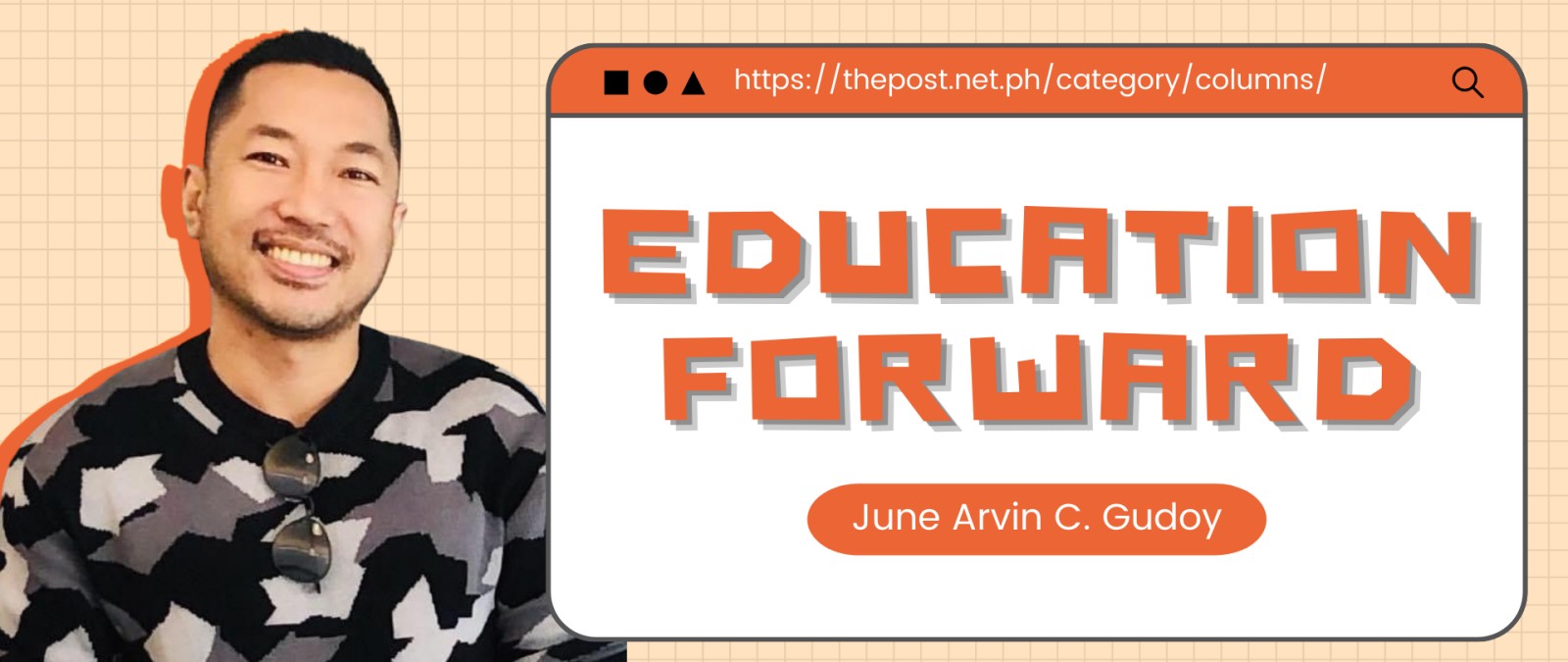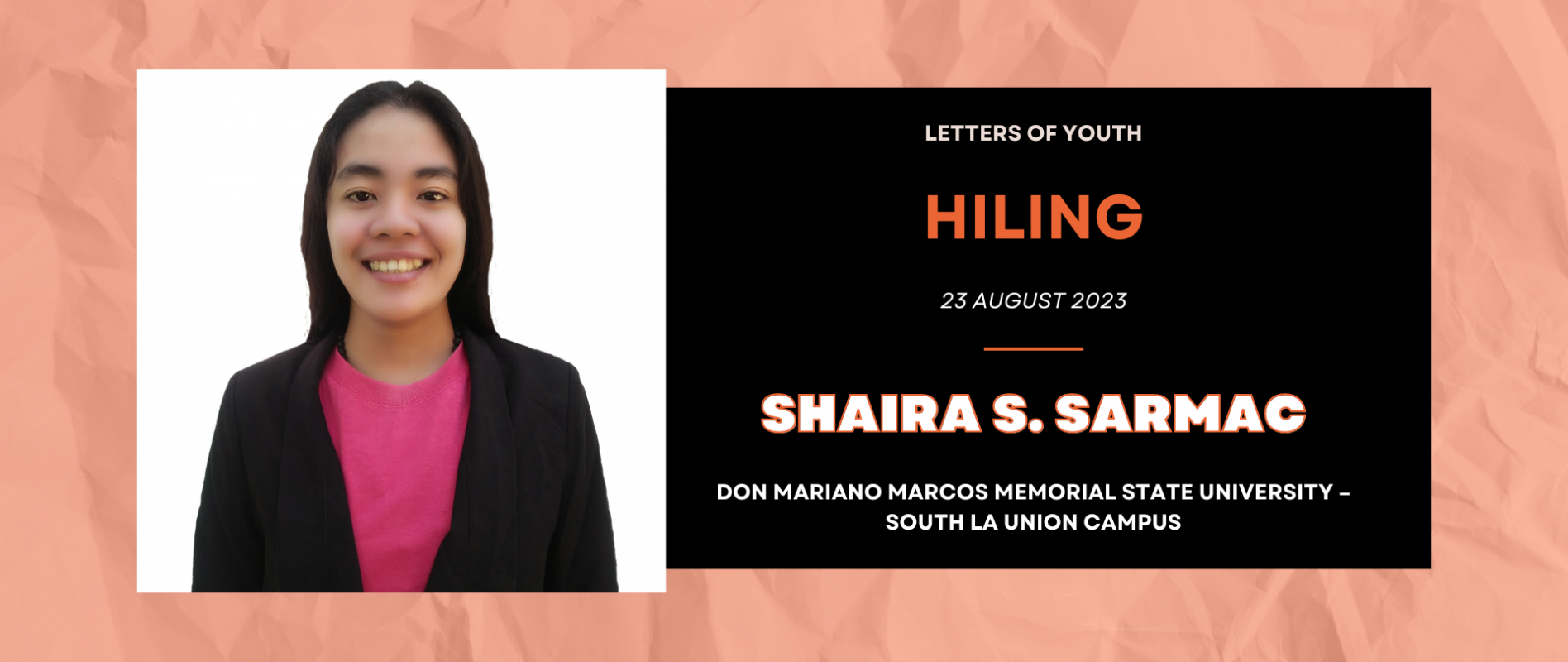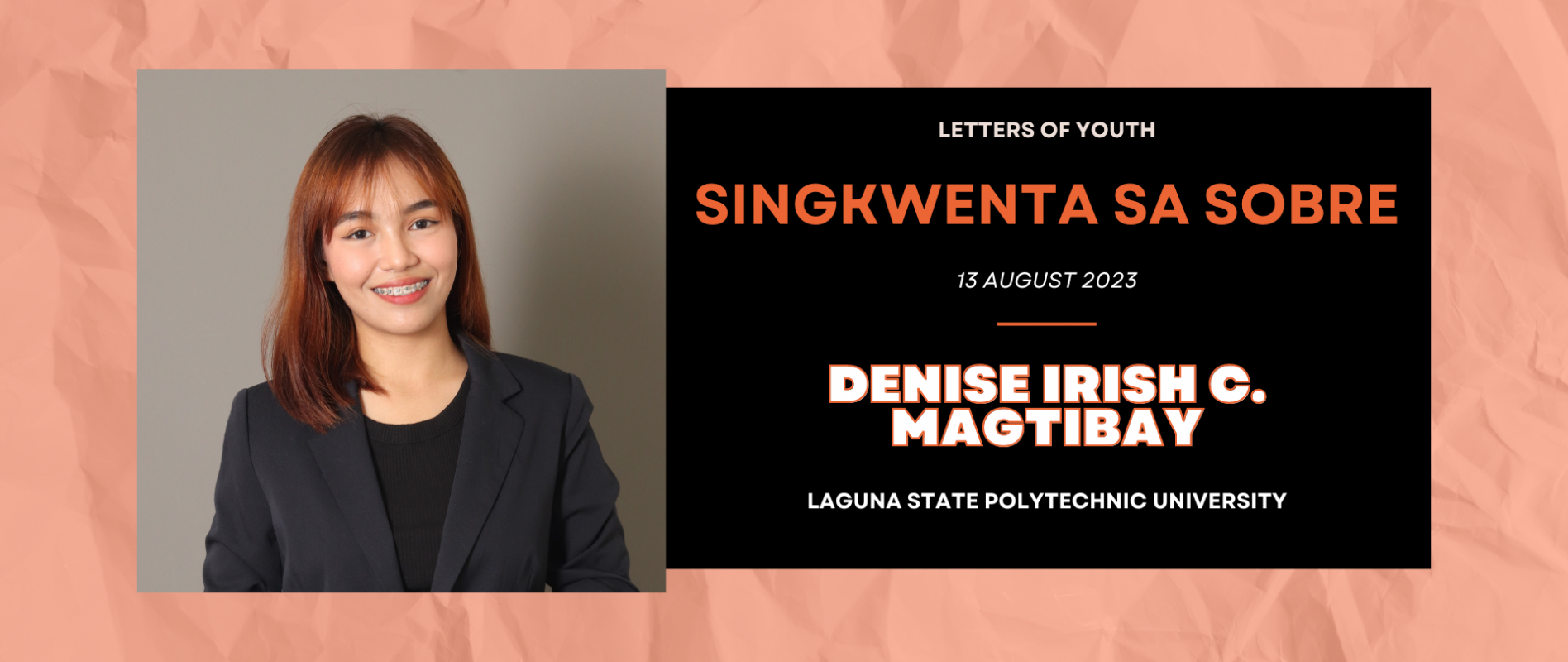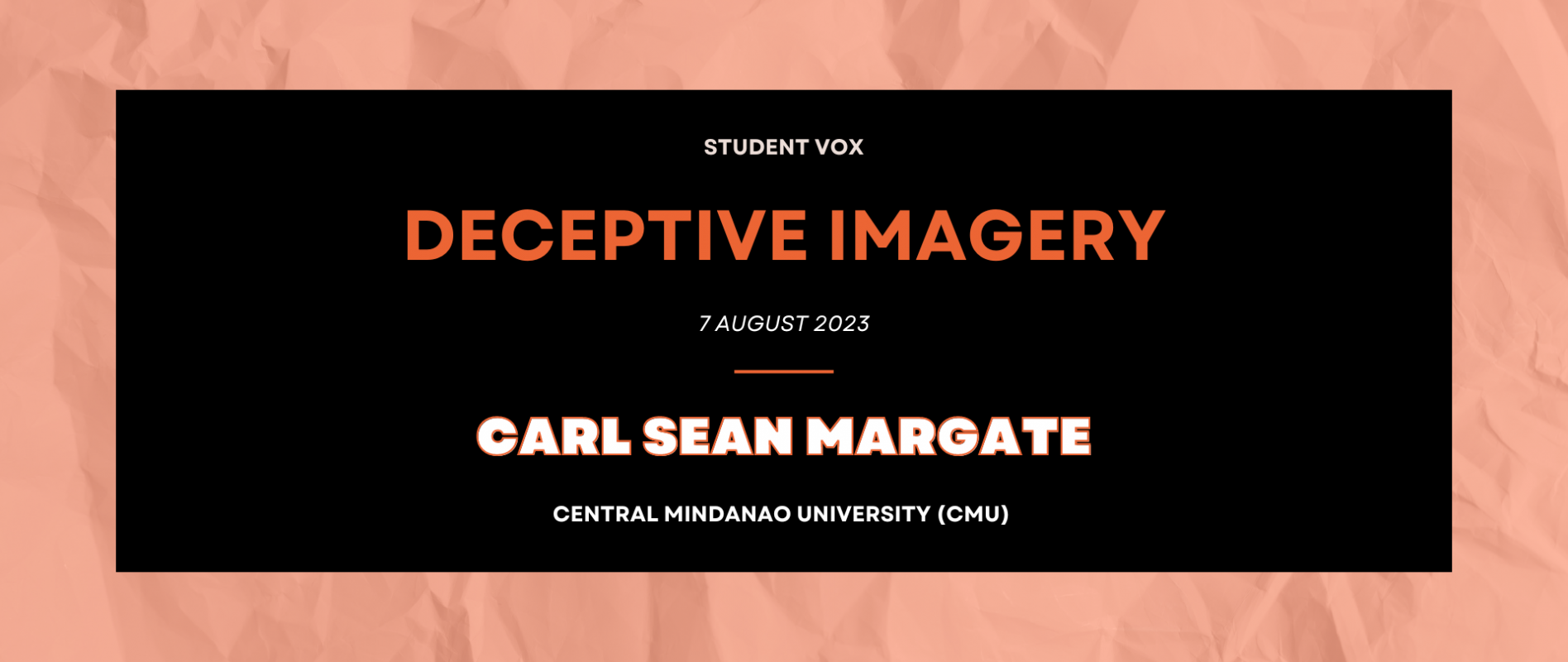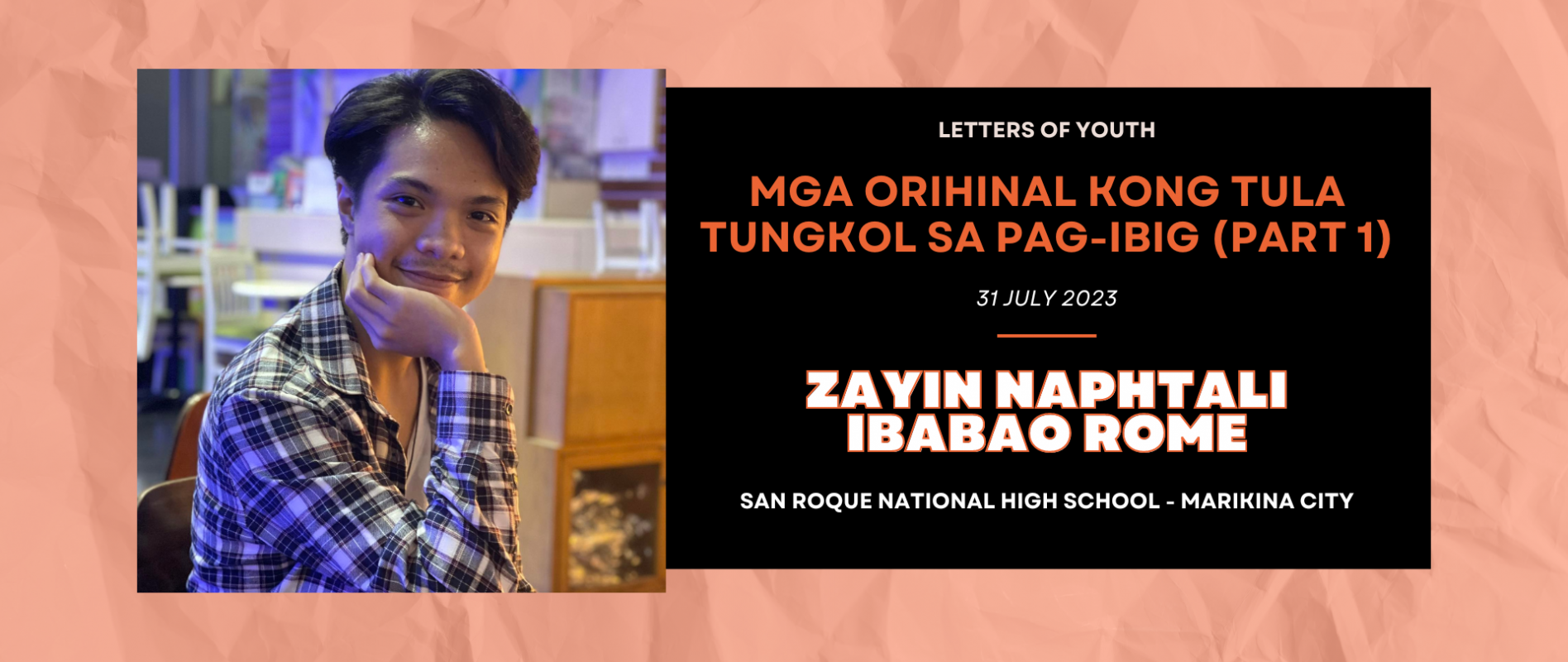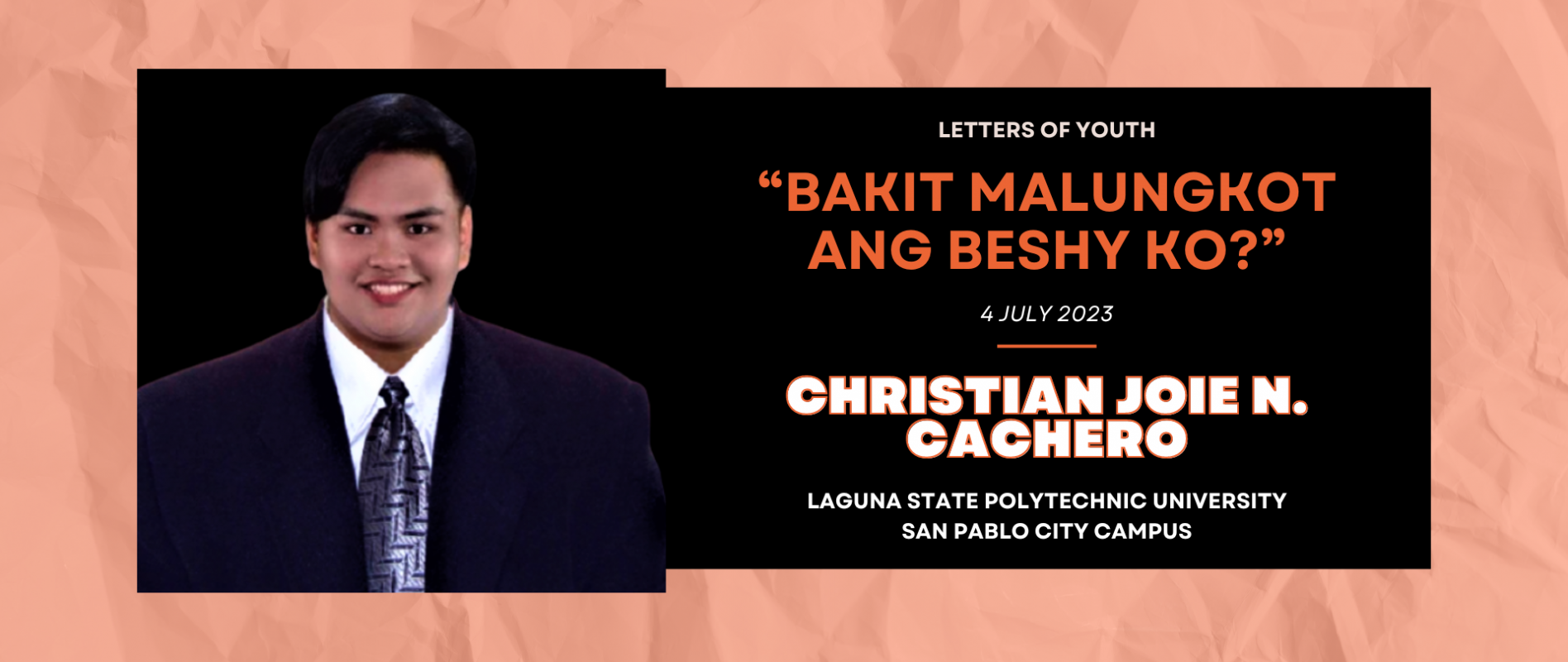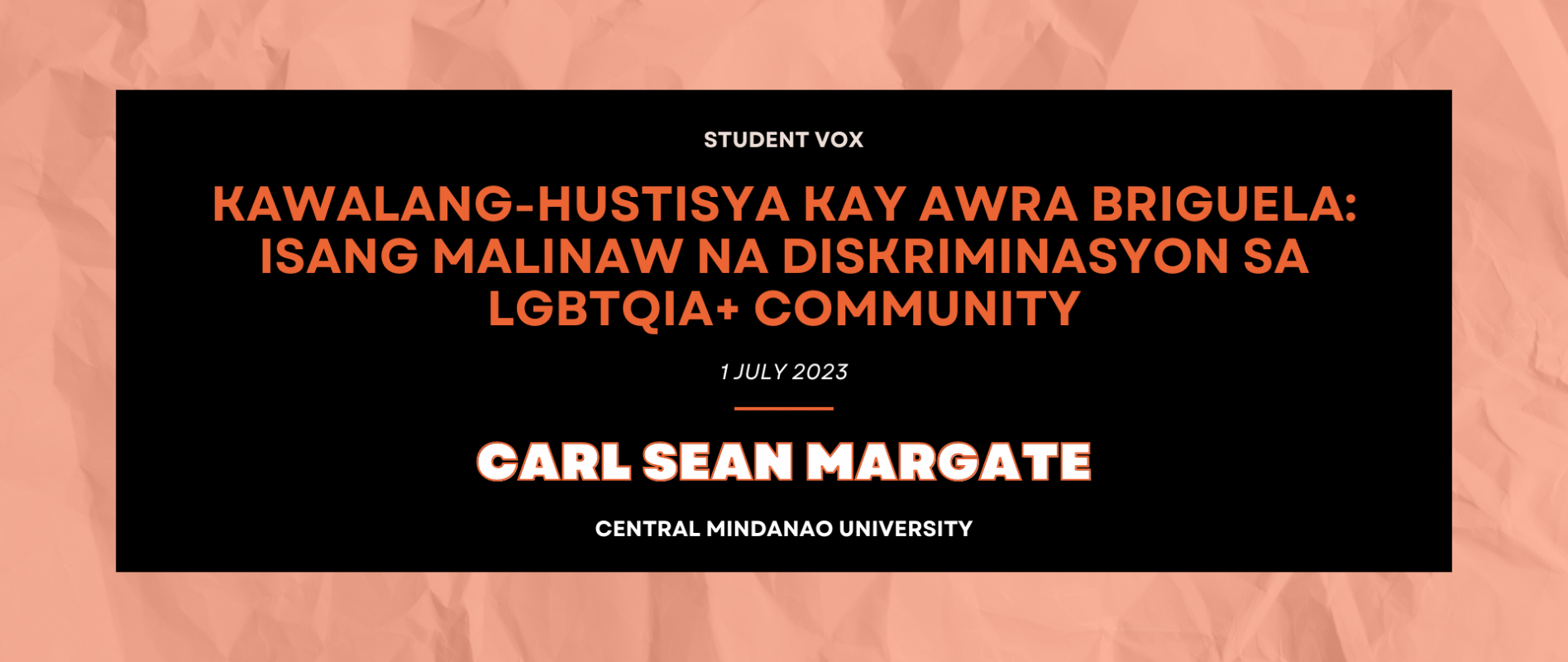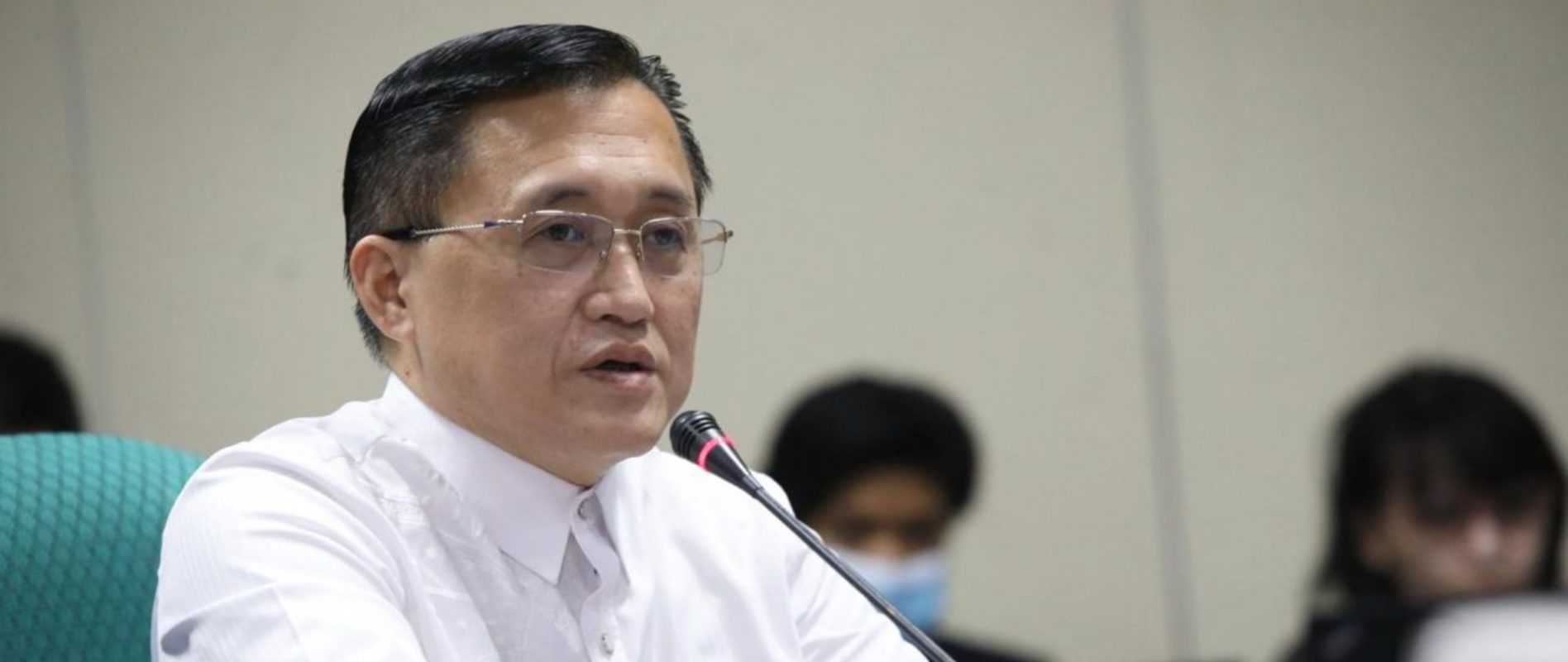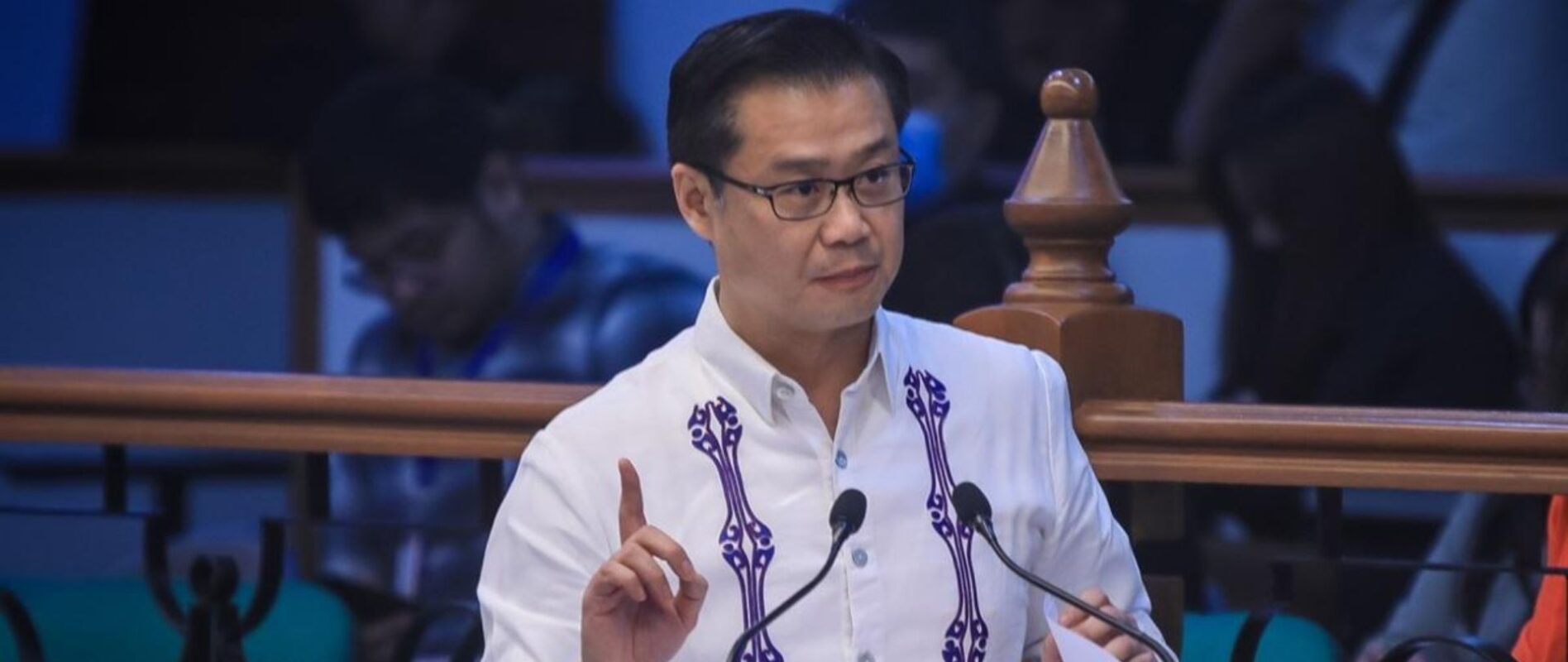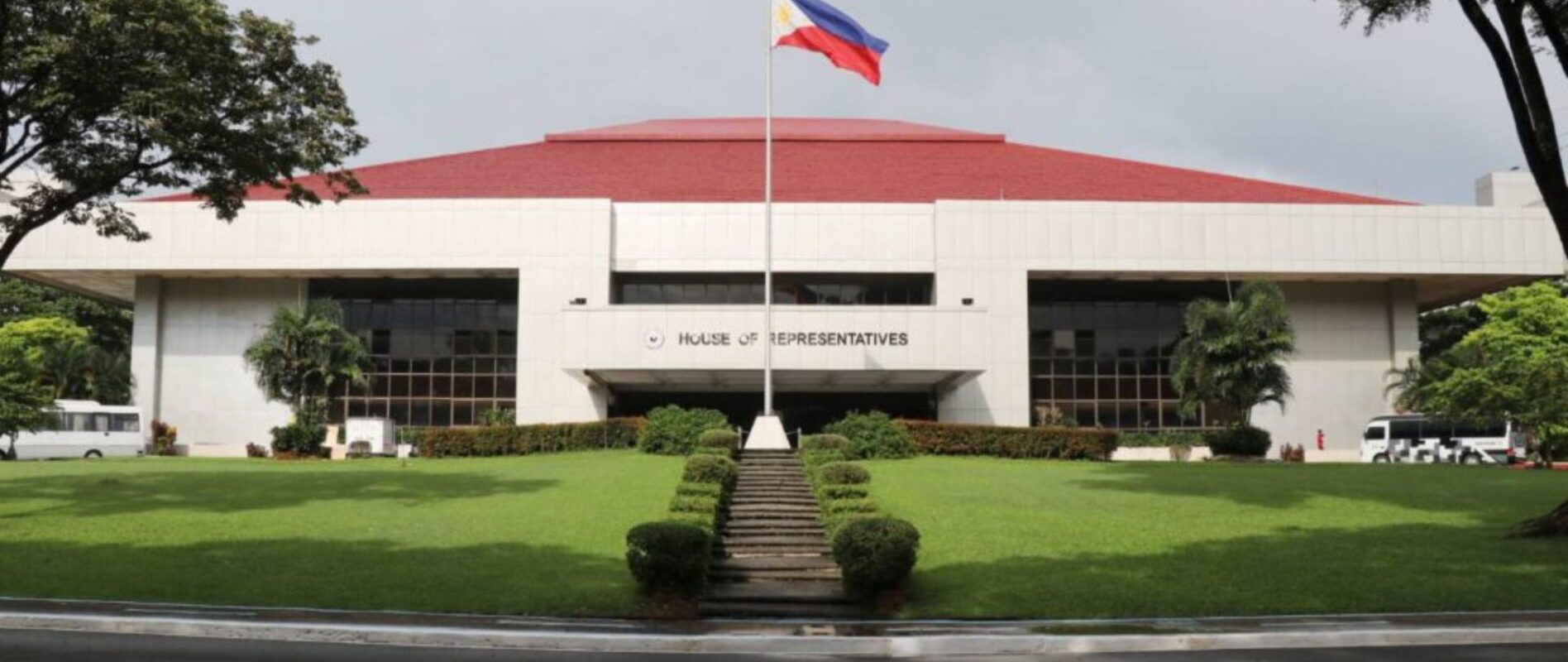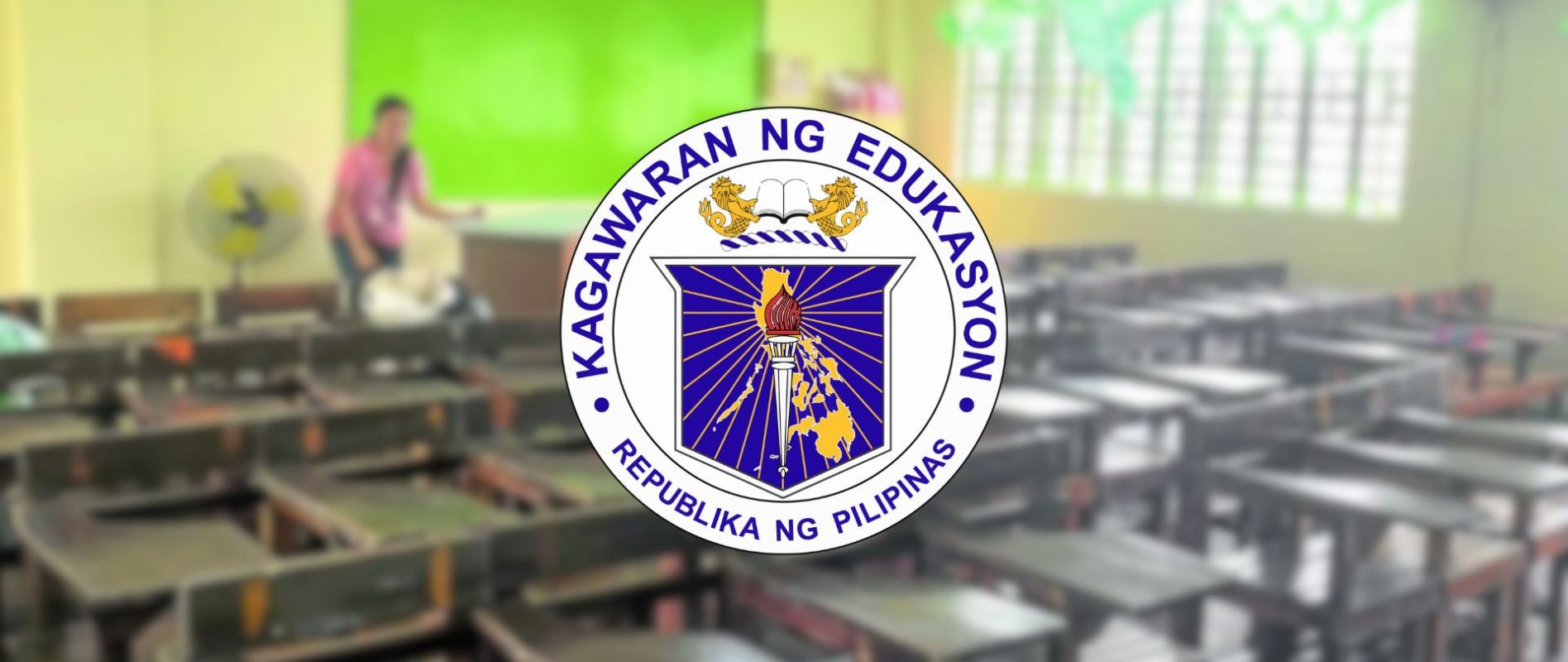THE RESPONSIBILITY OF EDUCATORS
Part 2
It is our responsibility therefore not to become the sole and final arbiters and curators of truth but guide those who are in the dark find their personal paths to the ‘truths’ which will help transform our society and enable all of us to pursue greater equality and justice. Because truths tend to become a vile and lethal weapon to those who seek to monopolize them. We have to remember that those who are very certain about their righteousness have ruined more cities and burned more bodies at the stake than those who question and doubt. More than pontificating on the ‘only and proper’ belief that everyone would uphold, we must encourage our learners to learn early on to interrogate their own thoughts and that of others respectfully and tactfully. More than the allure of becoming popular pundits on social media we must become enablers of citizens who genuinely want to make things right.
It is also one of our responsibilities as educators to explain how our democratic society should function and how it can be nurtured. That is to stress the value of engagement to the young minds who are unfortunately exposed to daily propaganda in social media and in their personal interactions. That no idea presented to them is outrightly innocent. That every fact only exists within a context in which it was born. That we must become wary about our systems of ideas and how we organize our thoughts. That we are humans, and we have to check our biases firstly so we can have the moral ascendancy to preach about justice and equality.
We must inculcate to our learners that the most important freedom that must be preserved in all political exercises is the capacity to think and to voice our opinions without fear of punishment from those who are more powerful. And that we must be able to ensure the same for others who might disagree with us.
In our role as educators, we need to also demonstrate the value of dignified restraint and being in control of our own emotions. That no matter how personal and vicious our enemies might be, may we never allow ourselves to surrender to the temptation of letting our fickle emotion override our most basic rational faculties. That we are only civilized to the extent that we tolerate those who disagree with us.
It is the responsibility of the educator to help those who are in bitter disagreement realize that debates are merely the civilized exchange and polishing of our own ideas. That the best virtue learned in any debate is the value of humility. That in the face of established and undisputable moral principles we must recognize our own ignorance and that we must always boldly subject ourselves the most rigid tests logical reasoning. That they must not fall prey to the temptation of hasty generalizations and fall into the trap of espousing ideas as absolute truths of the universe.
It is also our responsibility to make the young understand that ‘power has a shelf life’ and that oligarchies, tyrannies and dynasties and all temporal powers will eventually convulse, crumble, and fall. That ‘armies can never defeat ideas whose time has come’. That we must realize that democracy might fail us from time to time but that whatever misfortune the state or any institution might suffer is also temporary. Perhaps to also realize that when democracy seem to have failed us, we begin to see that it has taught us a much-needed lesson on how to persevere in the generational effort of preserving its values. That voting is one of those critical responsibilities in which citizens can ‘redress grievances’ and check on the powers that be.
That we must not be blinded and enamored by popular names, ideologies which seek to simplify complicated issues and rhetorical techniques which seek to deceive because these are simply trivial parts and consequences of any political exercise. That we must see the bigger picture in which these beliefs and actors’ interplay. That we may never be disheartened in our quest towards finding our own truths.
Beyond proselytizing and dancing dizzily with propaganda and counter propaganda, may we also ensure that everyone votes on election day. Opinion does matter but actual voting is a more potent exercise and demonstration of our ability to put into action what we claim to believe in. Because for anything personal to become truly personal, purposeful action needs to happen. After all, democracy is a game won eventually by the majority. And that is something we should never forget.
That we may learn that cold logic no matter how precise and process driven, is not the singular way towards the truth. That compassion and altruism should also equally guide us in our political engagements and decisions. Because at this age when a lot of us become wantonly ruthless in our pursuit of what is true and noble, may we never forget that attaining goodness and nobility also equates to a firm respect for every human being. That no matter how imperfect our systems are, violence should never become an option to transform society and that we always prioritize civil engagement and critical analysis of the pressing issues of the day. Because the educator ultimately must become the exemplar of compassion in a world which has seemingly forgotten the most basic of all human emotion – the basis of all our laws – that is the deep respect and reverence for every conscious living being.
The main responsibility of the educator ultimately, therefore, is to become a humanist and to preserve at all costs all the gains of the enlightenment and the bloody revolutions that crisscrossed the length and breadth of our written history. To protect all the consequent liberties which our forefathers have fought and died for and to guarantee them for the next generation.
That in the end, the right to dream and to hope must never leave the minds of our learners amidst the mudslinging, the negativity, and the intellectual depravity that they witness every day. That beneath everything, in whatever political action that we do we must respect and the dignity of human life above all. And that love of country and love of God can only genuinely start by loving your neighbor firstly.
May we continue to ensure that democracy not only thrives and prosper but that even in the most turbulent times we will never lose hope and never lose the courage to build again.
In these foreboding and dark days, as educators, may we rise from the vitriols of intrigue and serve as stable, reliable and prudent guides for our learners and for all of our fellowmen.

